Question And Answer
Publications
Articles, publications, books, tools and multimedia features from the U.S. Institute of Peace provide the latest news, analysis, research findings, practitioner guides and reports, all related to the conflict zones and issues that are at the center of the Institute’s work to prevent and reduce violent conflict.
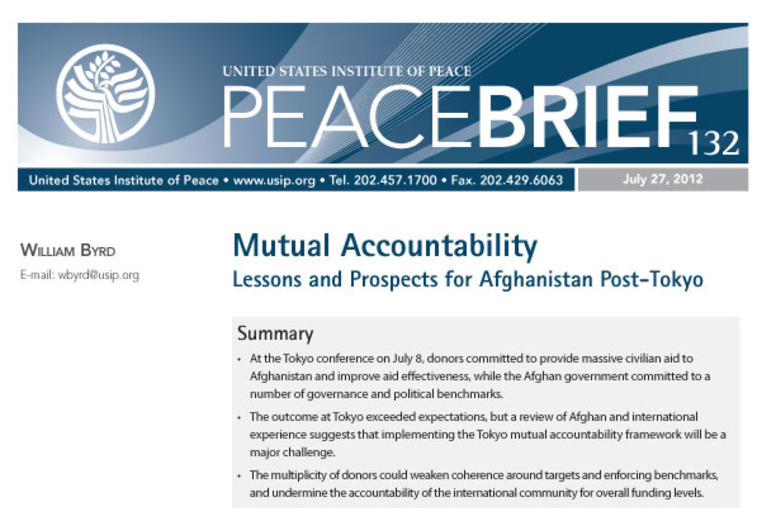
Mutual Accountability
This paper builds on remarks on mutual accountability at the July 18 U.S. Institute of Peace panel discussion “From Transition to the Transformation Decade: Afghanistan’s Economic and Governance Agenda after Tokyo” (second session on “Filling the trust gap—what does ‘mutual accountability’ mean, what are the first steps, what is the role of civil society?”). The views expressed in this brief do not necessarily reflect the views of the U.S. Institute of Peace, which does not take policy positi...
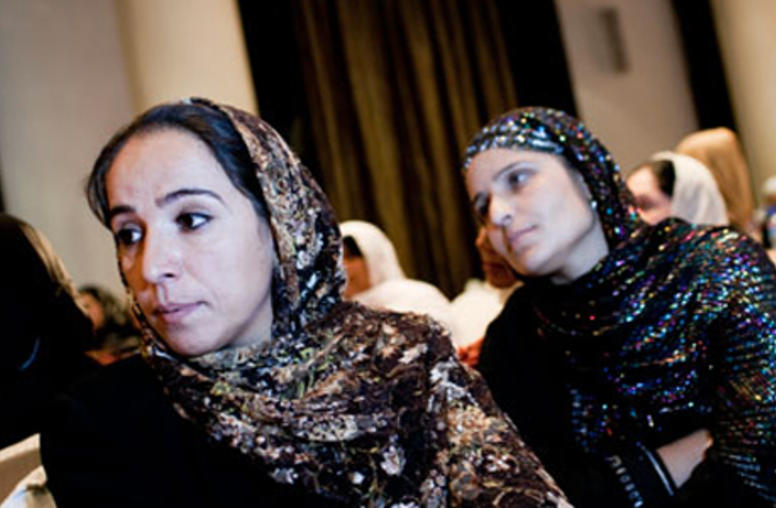
USIP Working to Consolidate Gains of Women and Girls in Afghanistan
USIP has established a program, Capacity-Building and Dialogues for Afghan Women, in an effort to reach beyond the capital Kabul and help prepare women elsewhere to play a role in peace and post-conflict processes.
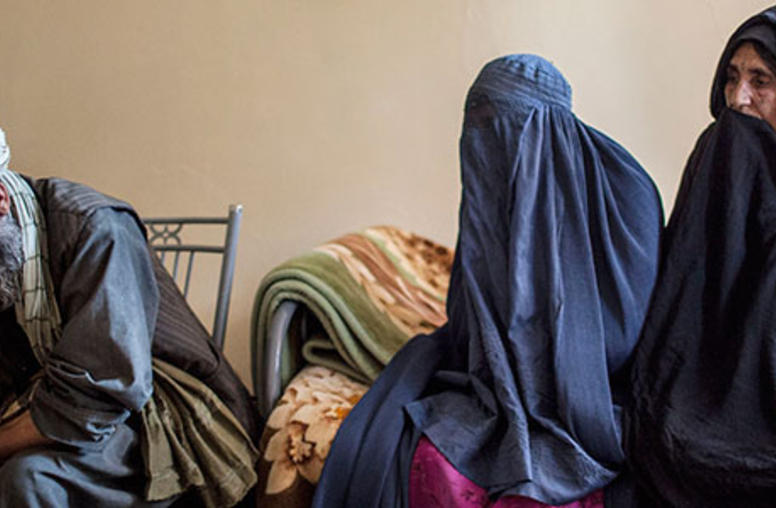
What Gender Violence Means for Afghan Women
Last week’s news about an Afghan woman executed publicly after being accused of adultery created outrage around the world, from the top commander in Afghanistan, Gen. John Allen, to the Australian Minister of Foreign Affairs. President Hamid Karzai called for the arrest of the killers, said by the U.S. and Afghan officials to be members of the Taliban. Kathleen Kuehnast takes a look at the horrific killing of the woman as well as the broader issue of Afghan women in transition.
U.S. Advisers Play Vital Roles—and Need Better Preparation
USIP's Nadia Gerspacher explains why U.S. and other NATO advisers are so important in places like Afghanistan and how we can make sure they’re ready to hit the ground running.
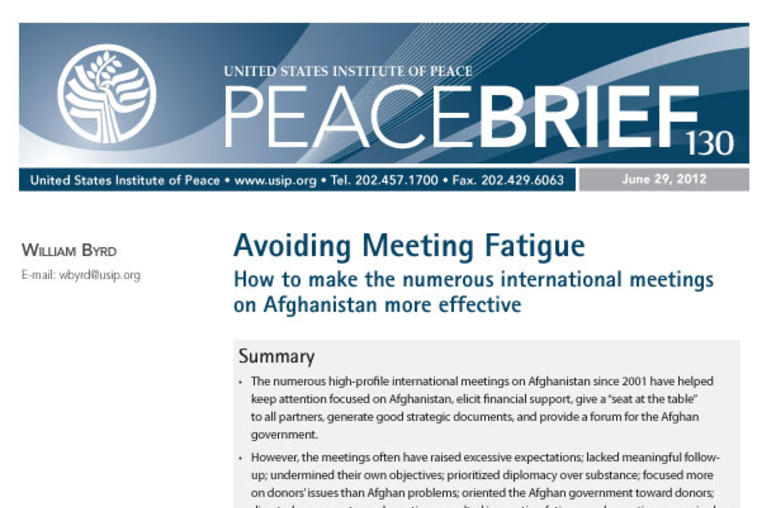
Avoiding Meeting Fatigue
This paper is based on the author's participation in and involvement with the preparations for many of the high-profile international meetings on Afghanistan over the past 10-plus years and reflects his concerns about their shortcomings and the excessive expectations typically associated with them.
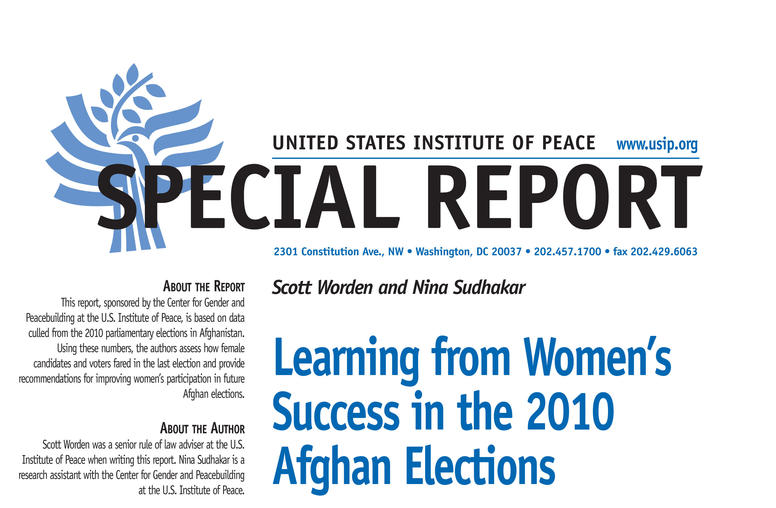
Learning from Women's Success in the 2010 Afghan Elections
This report, sponsored by the Center for Gender and Peacebuilding at the U.S. Institute of Peace, is based on data culled from the 2010 parliamentary elections in Afghanistan. Using these numbers, the authors assess how female candidates and voters fared in the last election and provide recommendations for improving women’s participation in future Afghan elections.
USIP Experts in Afghanistan Talk Transition with Top ISAF Official
USIP’s top program staff visited the Institute’s Kabul office in early May to meet with key leaders and discuss the transition in Afghanistan in 2014, a week before the 2012 NATO Summit in Chicago May 20-21. USIP’s Shahmahmood Miakhel, country director in Kabul, Andrew Wilder, director of Afghanistan and Pakistan programs and Scott Smith, deputy director of Afghanistan programs, met with Maj. Gen. Sean MacFarland, the deputy chief of staff for operations for ISAF in Afghanistan. The group dis...
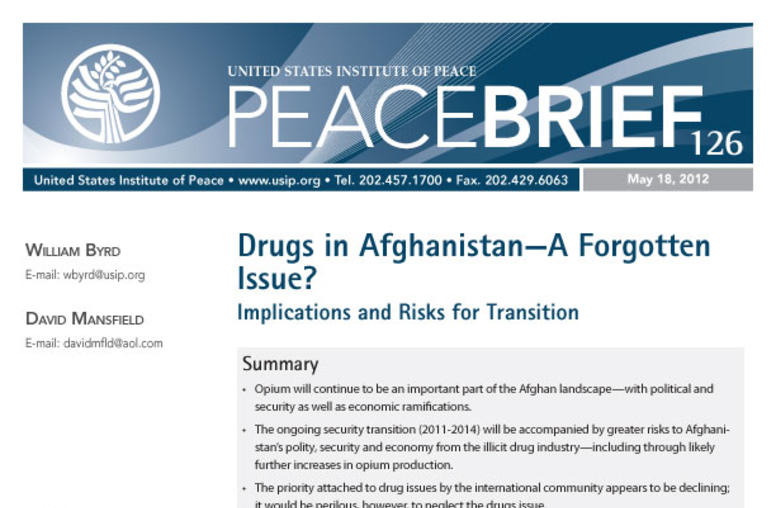
Drugs in Afghanistan—A Forgotten Issue?
This paper reflects both authors' concern that neglect of the opium economy in coming years could be perilous, exacerbate problems, possibly lead to poorly thought-out knee-jerk reactions and/or simplistic responses which would only worsen the situation, and further damage the prospects for success of what will inevitably be a difficult and challenging process of transition in Afghanistan.
A Look at the NATO Summit
USIP's experts on Afghanistan provide a preview of the key issues at the NATO summit in Chicago.
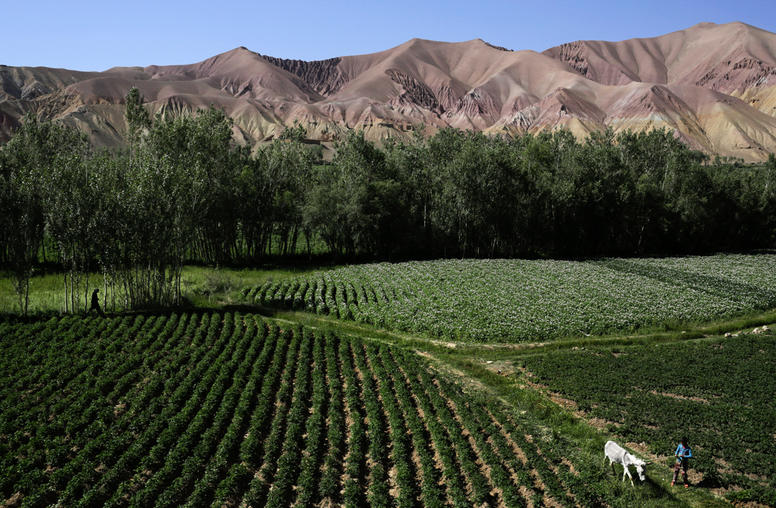
G-8 Summit Focuses on Food Security
As leaders at the G-8 summit highlight the importance of food security for global stability, Ibrahim Shaqir, an interagency professional in residence at USIP, in an interview examines this issue in the contexts of Afghanistan and Pakistan and how agricultural systems might contribute to peacebuilding.